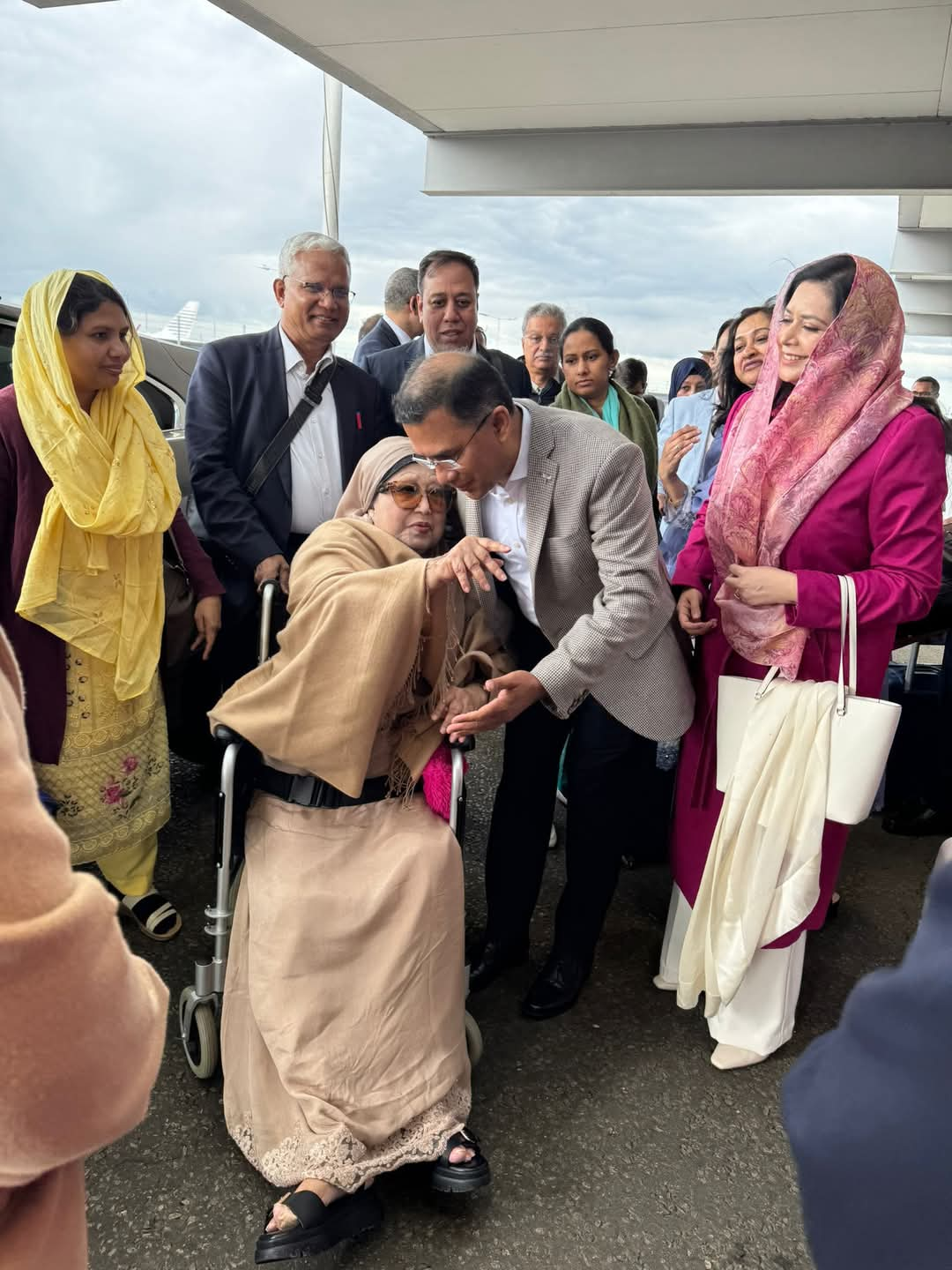The Bangladesh Nationalist Party (BNP) does not intend to directly challenge Chief Adviser Muhammad Yunus of the interim government for at least the next year. This message has been conveyed from the BNP’s top leadership to its policymaking forums, according to multiple internal sources.
“This has been our policy before and remains so now,” a senior BNP leader confirmed.
Although the BNP had disagreement with several decisions and initiatives of the interim government since its formation on August 8 last year, it has refrained from launching public protests.
While objections have been conveyed through official channels, no public demonstrations or programs were organised. In some instances, the government accommodated BNP’s concerns, while in others, the party opted for silence despite disagreement.
In the early days of the interim administration following the ouster of Sheikh Hasina through a popular mass uprising, some quarters called for the removal of President Mohammed Shahabuddin, who had been elected under the previous Awami League government. However, the BNP refrained from supporting the demand, citing constitutional limitations.
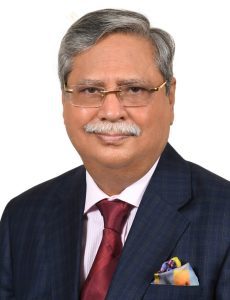
As a result, Shahabuddin remains in office.
At the same time, BNP welcomed the government’s reform agenda and submitted its own proposals, suggesting that critical reforms be completed under the interim government, with the remainder implemented by an elected government.
While there are no visible rifts between the government and the BNP at present, analysts believe tensions may surface over the reform bid in the future. For now, BNP appears to be offering implicit or explicit support to nearly all of the government’s decisions.
On the issue of banning the Awami League (AL), BNP has not pressured the government one way or the other. Although it did not join the public rallies near the Chief Adviser’s residence in Jamuna, the party also did not oppose the government’s decisions.
“This demonstrates BNP’s desire to negotiate directly with the government as the primary opposition force, maintaining its independent position rather than aligning with other parties,” a political analyst commented.
According to analysts, BNP never advocated for a blanket ban on the Awami League. Instead, it supported action based on public mandate in national elections and judicial process for trial. When the Advisory Council decided last September to suspend AL’s activities pending trial, BNP considered that sufficient.
Nevertheless, the BNP welcomed the latest government ordinance banning all activities of the AL and its affiliated organisations until judicial proceedings conclude. The party also reminded the public that it had first raised this demand in February.
BNP Secretary General Mirza Fakhrul Islam Alamgir stated, “On February 10, we submitted a letter to the Chief Adviser demanding that the Awami League be tried for genocide and crimes against humanity. We reiterated this on April 16, urging swift legal action against the fascist party and its government to cleanse the political arena.”
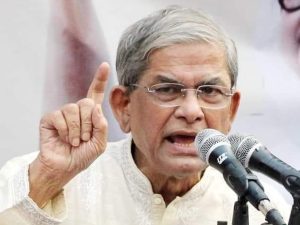
He further noted, “We have consistently demanded, in various meetings and public forums, that legal procedures be used to ban AL. Notably, we opposed the former fascist government’s last-minute attempt to ban Jamaat-e-Islami by administrative order, as we believe in legal rather than executive bans.”
Without mentioning to the recent protests near the Chief Adviser’s residence, Fakhrul added, “Had the government acted earlier on our demands, it could have avoided the embarrassment of reacting under pressure. We hope the interim government will act with foresight in future matters.”
BNP expects that foresightedness from the interim government.
While the BNP publicly calls for early elections, it has tacitly accepted the timeline announced by Yunus as the party has adopted a policy of not confronting him directly.
“We are cooperating with the interim government and believe the Chief Adviser will fulfill his commitments to the people,” BNP Standing Committee Member Dr. Khandaker Mosharraf Hossain told Times of Bangladesh.
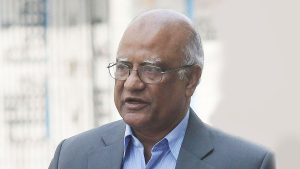
A party adviser said: The reforms Yunus is now advocating have long been part of BNP’s agenda. While there may be differences on some points, we do not doubt his sincerity. However, he must act with a full understanding of ground realities.
“Given the context in which he took charge, and the unquestioned trust placed in him by state institutions, BNP also believes he should not be unnecessarily challenged. He has said elections will be held between December and next June, and we trust he will honour that timeline,” the adviser further said.
Mosharraf added, “If the government remains committed, elections can certainly be held within the Chief Adviser’s declared timeframe. The Election Commission must also begin preparing accordingly.”
In line with this timeline, the BNP plans to prioritise organisational work over street agitation for now. Acting Chairman Tarique Rahman has been addressing the programmes virtually and contributing to policy decisions from London.
Yet the lingering question remains: When will Tarique return to Bangladesh and lead the party in person?
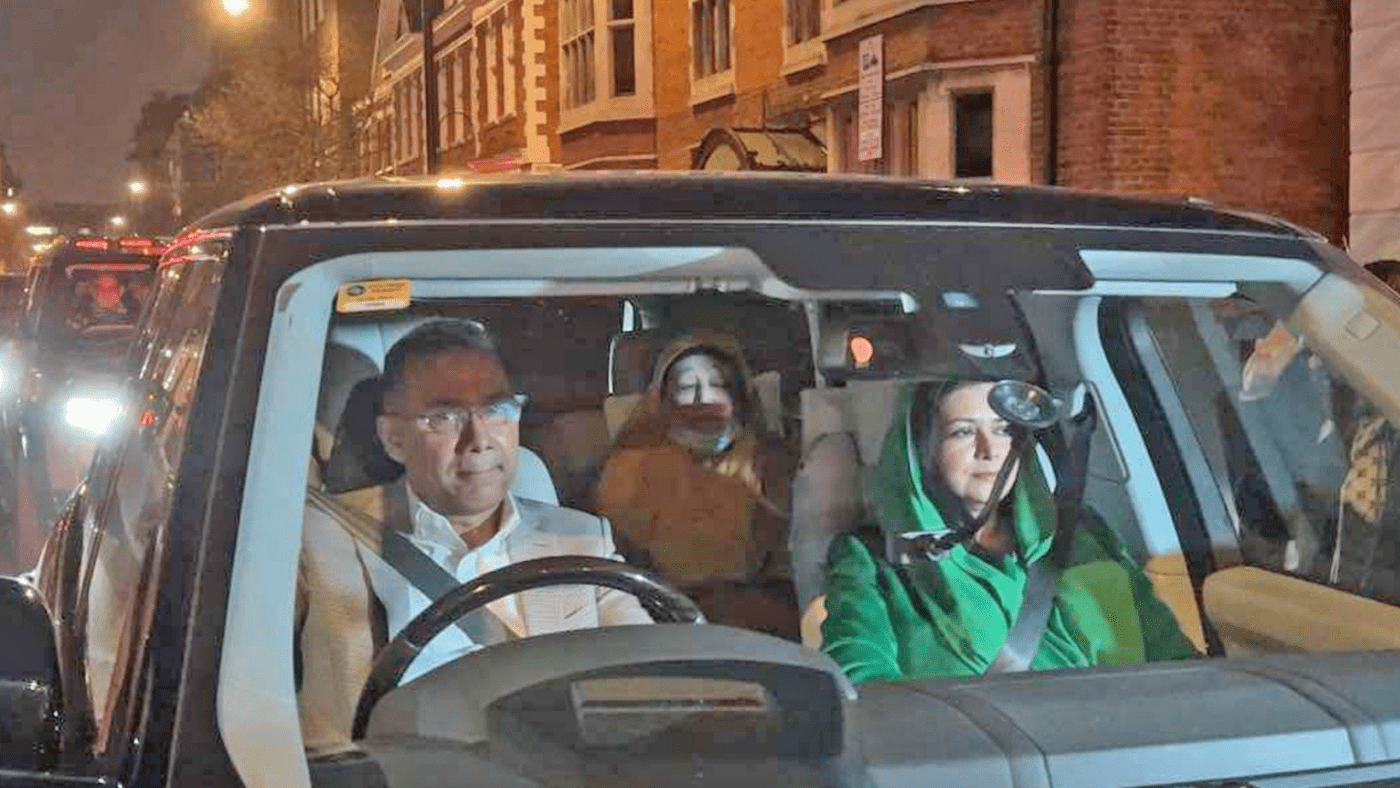
One of his aides in London told Times of Bangladesh, “He is staying away to ensure Dr. Yunus can perform his duties without disruption. If he were in the country, the administration might become overly focused on him, which he wishes to avoid.”
“Still, the possibility of Tarique returning to Bangladesh at any time cannot be ruled out,” the aide added.
Meanwhile, BNP Chairperson Khaleda Zia returned to Dhaka from London on May 6 following medical treatment. When asked if she would meet the Chief Adviser, a senior BNP policymaker said: “If necessary, she may do so. Should a National Consensus Commission meeting be convened under the Chief Adviser’s leadership, Khaleda Zia could represent BNP in that forum.”


